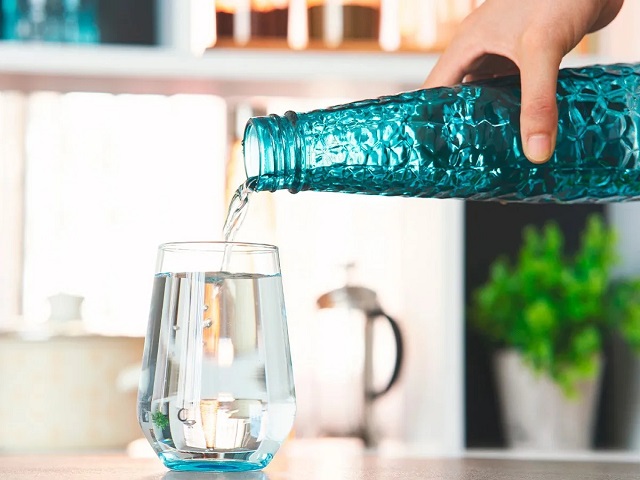
Why does water taste better in glass than plastic?
For those who are discerning about their water-drinking experience, the choice of container can play a significant role. Many people argue that water tastes better when sipped from a glass rather than a plastic bottle. In this article, we’ll uncover the reasons behind this preference and explore the science and sensory aspects that contribute to the belief that water is more enjoyable from a glass vessel.
Purity and Inert Nature of Glass:
Glass is renowned for its inert nature, which means it does not react chemically with its contents. When water is stored in a glass container, it remains untainted by any foreign odors or flavors. This purity allows drinkers to experience water in its most natural form, free from the subtle plastic taste that can sometimes be detected in water stored in plastic bottles.
No Leaching of Harmful Chemicals:
Plastic bottles, particularly those made from certain materials, have the potential to leach harmful chemicals into the water they contain. The most common concern is the release of bisphenol A (BPA) and phthalates, which are known to have adverse health effects. Glass bottles eliminate this concern entirely, providing a safe and chemical-free environment for water storage.
Temperature Stability:
Glass has excellent temperature-regulating properties, ensuring that water remains at a consistent temperature when stored in a glass container. This stability enhances the drinking experience, allowing individuals to enjoy water at a refreshing and consistent temperature. Plastic bottles, on the other hand, may be more susceptible to temperature fluctuations that can impact the perceived taste of the water.
Absence of Odor Retention:
Plastic bottles have a tendency to retain odors from their previous contents, even after thorough washing. This residual odor can subtly affect the taste of water stored in such bottles. Glass, being non-porous and odor-resistant, does not retain any lingering smells, allowing the water to maintain its natural and pure taste.
Visual Appeal and Transparency:
The visual aspect of drinking water also plays a role in perception. Glass containers are transparent, allowing drinkers to see the clarity and purity of the water. This visual appeal adds to the overall experience, reinforcing the notion of clean and refreshing water. The transparency of glass enhances the aesthetic pleasure of drinking water, which can contribute to the perception of better taste.
Environmental Consciousness:
With growing environmental awareness, many individuals are opting for eco-friendly choices. Glass Container are considered a more sustainable option compared to single-use plastics. This positive environmental association may influence the overall enjoyment of water in glass bottles for those who are environmentally conscious. The belief that water tastes better in glass than plastic is rooted in the material’s inherent qualities. From maintaining purity and preventing chemical leaching to temperature stability and visual appeal, glass offers a superior drinking experience for water enthusiasts. While personal preferences may vary, the science behind glass as a preferred water container underscores the importance of the vessel in shaping our perception of water taste and quality.
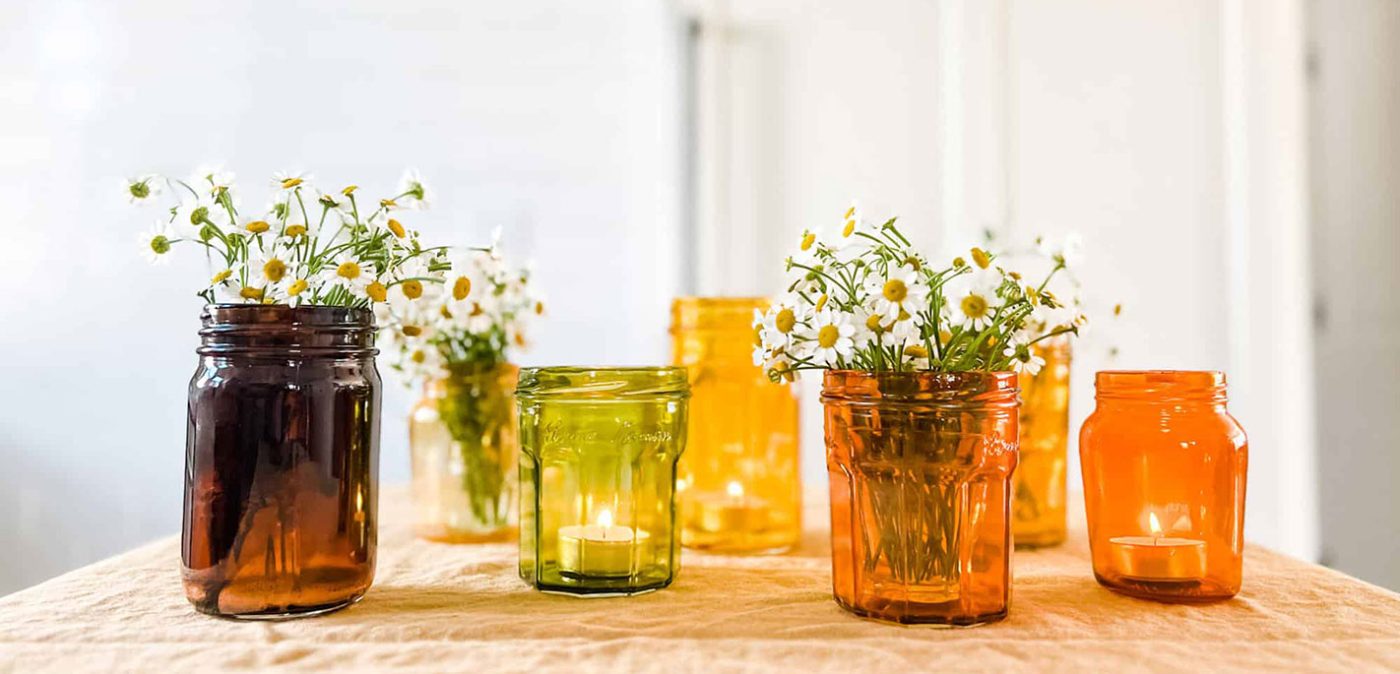
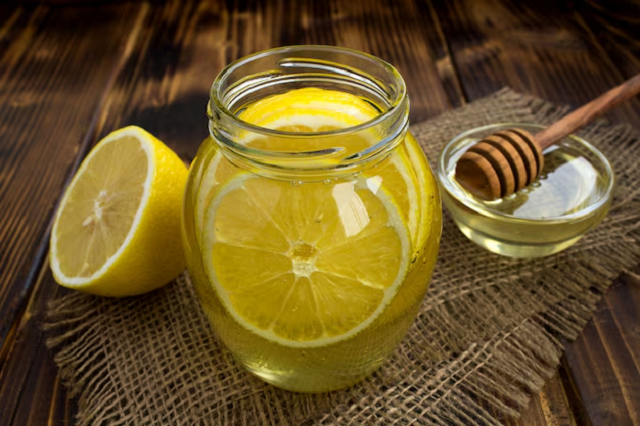
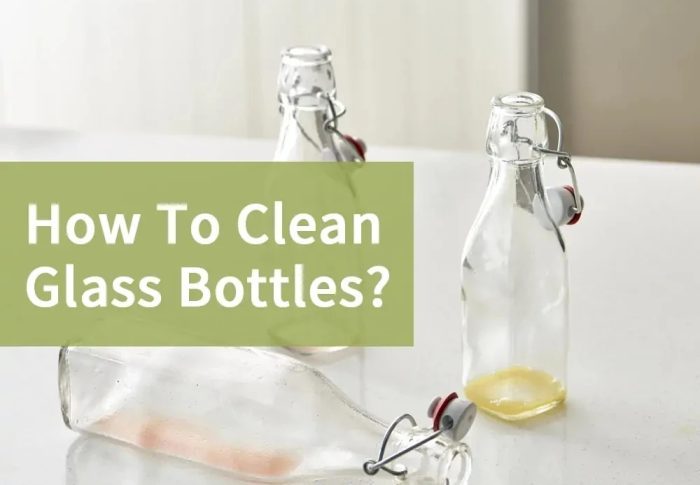
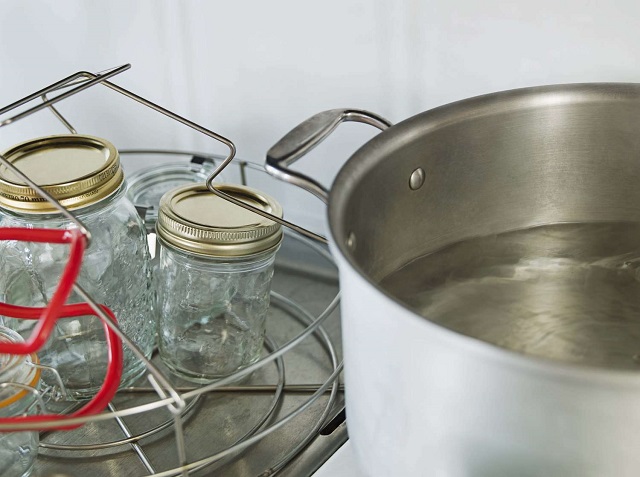
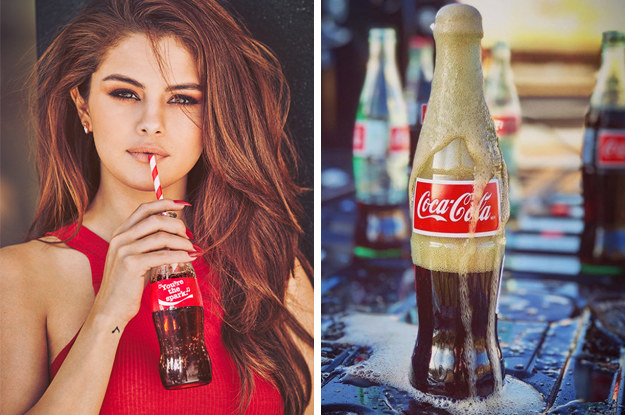

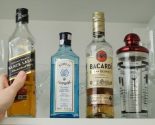
-
-
1 年
Tagged Glass Bottles Guide, Glass Jars, glass liquor bottles